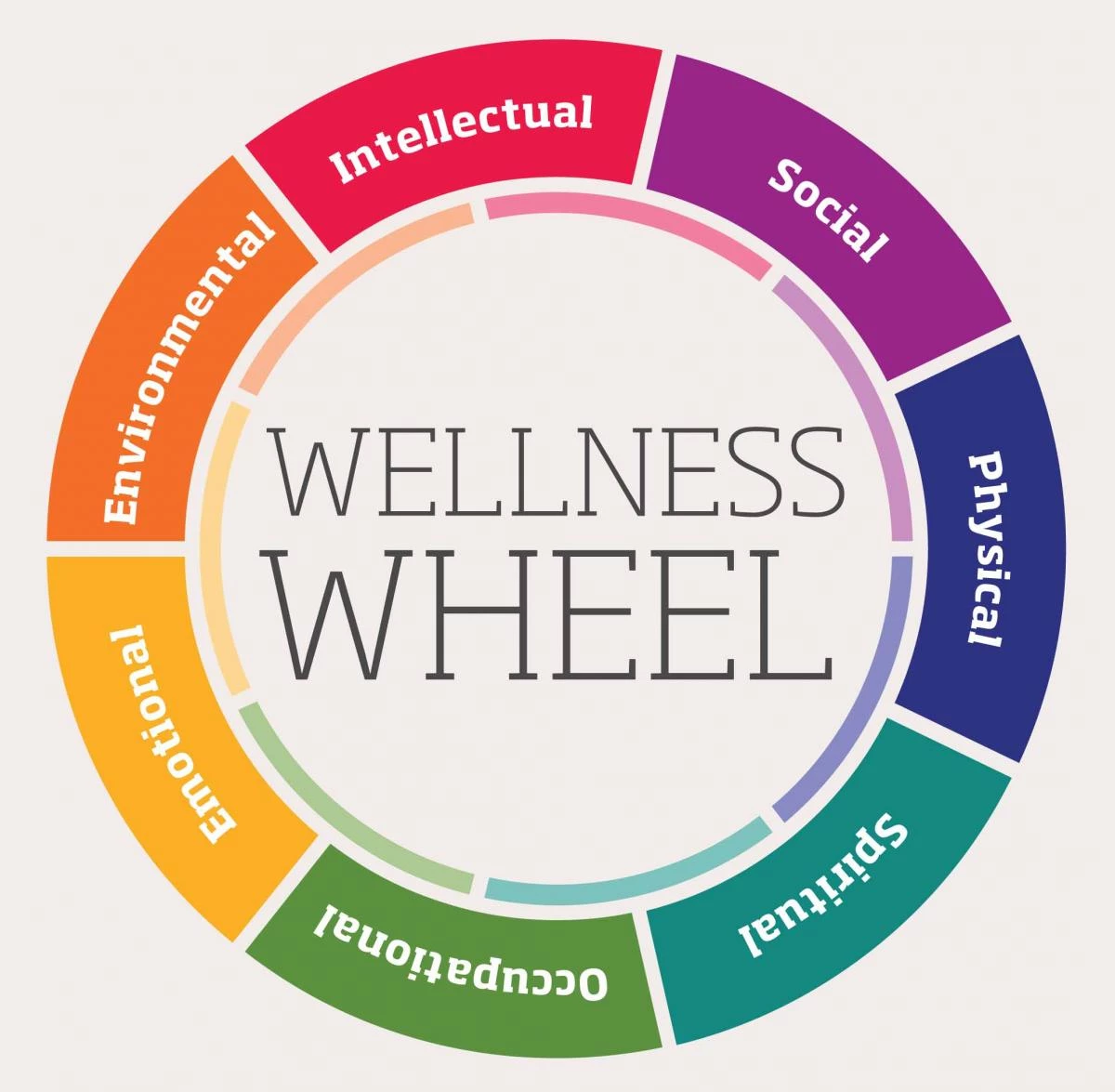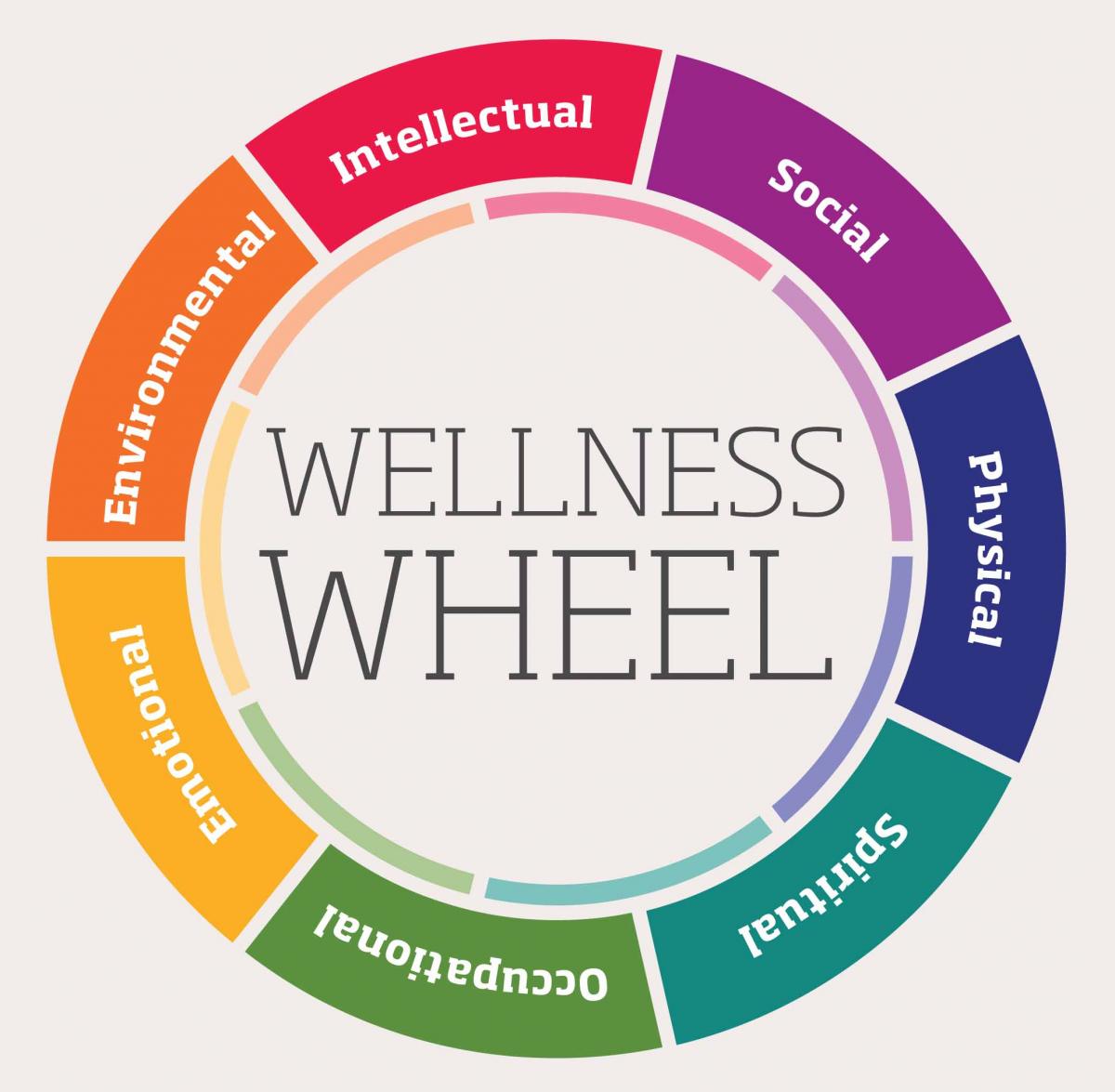Every breast cancer survivor likely remembers the exact place and moment they got the news. In a time filled with unknown terms, treatments, surgeries and side effects, I can understand why the focus is on the illness. But when does the discussion include healing and recovery? Why don’t doctors encourage anxious patients to take a walk, do a few squats, stretch and eat extra greens?
When a patient asks what they can do to help get ready for surgery, it’s all about the process, drains, healing times and what NOT to do. When do we talk instead about the DO’s? Why is it that we don’t prescribe exercise, nutrition and mind-body therapies that make women stronger and healthier?
When does the focus on illness shift to wellness?
Wellness is a proactive, lifelong process of becoming aware of and making choices to become physically and emotionally healthy. More than being free from illness, wellness is a dynamic process of growth toward living your best daily life. There are seven wellness categories, each an equal part of the wheel. When one piece of the wheel is “low,” similar to the tires on your car, your life may feel like a bumpy ride.
While there are countless ways to engage in each wellness category, check out these ideas…
1. Intellectual - Read a non-fiction book or watch a documentary on Netflix. Check out YouTube videos or take a class on knitting, cooking, painting or dance.
2. Physical - Exercise regularly and eat lots of protein. Strength training is the most important type of exercise to maintain your metabolism and deal with menopausal changes and/or medication side effects such as joint pain. Try wearing a weighted backpack while you do household chores.
3. Environmental - Reduce, Reuse, Recycle! Do your part to take care of our planet. Control your personal environment and eliminate people and activities that are negative.
4. Emotional - Create a list of resources that put you in a good mental place. When your self-talk needs support, listen to a positive song or motivational video on YouTube. Better yet, put on headphones and go for a walk.
5. Occupational - Work in a job that you love, if you can. If you can’t, volunteer for a charity that speaks to your heart. Be fiscally responsible with your time and money.
6. Social - Establish and maintain positive relationships with family, friends and co-workers. Use social media in a positive and empowering way. Smile at someone new.
7. Spiritual - Explore your spiritual core by asking yourself questions. Who am I? What is my purpose? Practice meditation, deep breathing and relaxation, especially in situations that cause stress or anxiety.
What ways can you bring wellness into your life?
***
About Sami Mansfield
Sami (Papacek) Mansfield has been an oncology exercise specialist since 2003. She has helped thousands of cancer survivors as a supporter, friend, connector, healthcare expert and – most important – wellness and exercise consultant. She is the wellness and oncology expert for the University of Kansas Cancer Center, and she devotes much of her time to coaching survivors. Sami has been a part of YSC for over 10 years, having served as the Kansas City chair for more than four years. She is a two-time Tour de Pink rider and four-time national conference speaker. In her personal time, she’s a wife, mom and crossfitter.
Read more about Sami at www.cancerwellnessforlife.com






